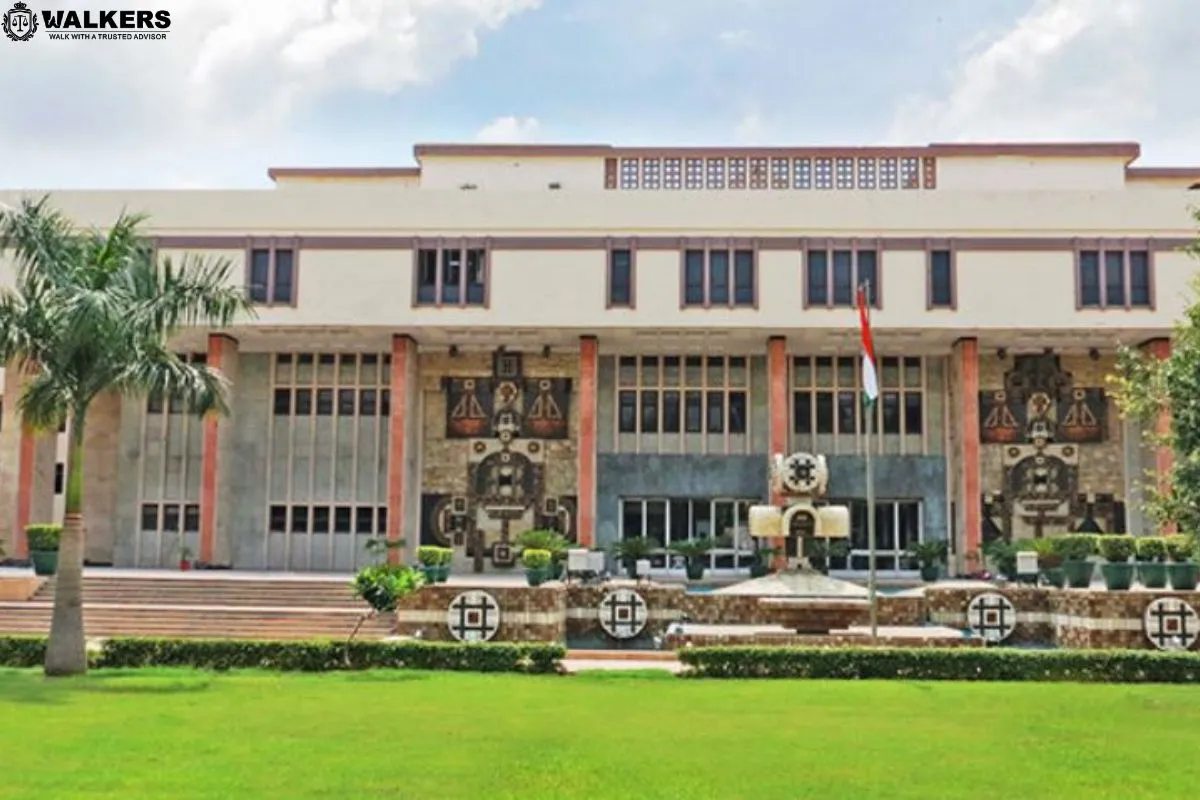


"Delhi High Court: Recovery of Drugs in Couple's Bedroom Jointly Attributable, Both Husband and Wife Share Liability"
The Delhi High Court has recently ruled that the discovery of narcotics in the bedroom of a couple residing in a residential property is legally associated with both the husband and the wife, provided they are both consumers of narcotic substances. This observation was made during the case of Dixita Golwala vs Narcotics Control Bureau.
Justice Jasmeet Singh highlighted that even if the recovery of Ganja was possibly initiated by the husband, the fact that it was found in a shared space, the couple's bedroom, prevents singular liability from being placed on the husband alone.
In the context of a bail plea filed by the wife (applicant/accused), involving charges under the Narcotic Drugs and Psychotropic Substances Act (NDPS Act), raised by the Narcotics Control Bureau (NCB) against both the husband and the wife, the single-judge stated that both the applicant and the husband/co-accused, Krunal Golwala, have openly acknowledged their consumption of narcotic substances. Given their marital relationship, it can be reasonably inferred that they were both aware of the contraband present in their bedroom at their shared residence, demonstrating conscious possession, according to the Court.
This case pertains to an alleged drug syndicate utilizing the Telegram messaging app. The year 2021 saw the discovery of drugs at the couple's dwelling as well as the husband's office premises.
Representing the woman, her counsel argued that the husband was solely responsible for the recovery of 1.03 kg of Ganja and not her. Nevertheless, the Court underscored that there was no indication of the couple residing in separate rooms or having a strained relationship. The recovery was made from a communal space, debunking the assertion that the woman should not be held accountable for the recovery from the bedroom.
The Court further emphasized that due to the couple's known narcotics consumption and their special relationship, it can be inferred that both were conscious of the contraband within their residential bedroom.
The Court disagreed with the applicant's counsel, asserting that the recovery of Ganja from the bedroom is jointly attributed to both the applicant and the husband/co-accused, Krunal Golwala.
However, since the quantity of Ganja retrieved falls within the intermediate range, the stringent bail conditions under Section 37 of the NDPS Act will not apply.
Regarding the retrieval of a commercial quantity from her husband's office, the Court differentiated it by noting the separation through a staircase, as the couple's offices are located on different floors. Therefore, the office area is not a shared space, leading the Court to conclude that the recovery from there cannot be linked to the wife.
Addressing the woman's mobile chats, the Court acknowledged her potential involvement in dealing with a commercial quantity. However, it clarified that the term "potential" alone does not fall under the scope of Section 37 of the NDPS Act.
The Court stated that her role as a potential drug dealer can only be determined during the trial phase.
Considering factors such as her low risk of fleeing and the absence of evidence tampering or witness influence, the Court granted her bail.
Advocates Faraz Maqbool, Vismita Diwan, and Sana Juneja represented Dixita Golwala, while Senior Standing Counsel Subhash Bansal and Advocate Raghav Bansal appeared for the Narcotics Control Bureau.
Click Here to: Download/View Related File
TAGS: Delhi High Court Recovery Drugs Couple's Bedroom Jointly Attributable Husband Wife Liability Narcotic Substances Dixita Golwala Narcotics Control Bureau Ganja Residential Premises Shared Space Special Relationship Conscious Possession NDPS Act Marital Relationship Drug Syndicate Telegram App Office Premises Intermediate Quantity Section 37 Commercial Quantity Staircase Separation Mobile Chats Potential Drug Dealer Trial Phase Bail Granted Advocates Faraz Maqbool Vismita Diwan Sana Juneja Senior Standing Counsel Subhash Bansal Raghav Bansal.